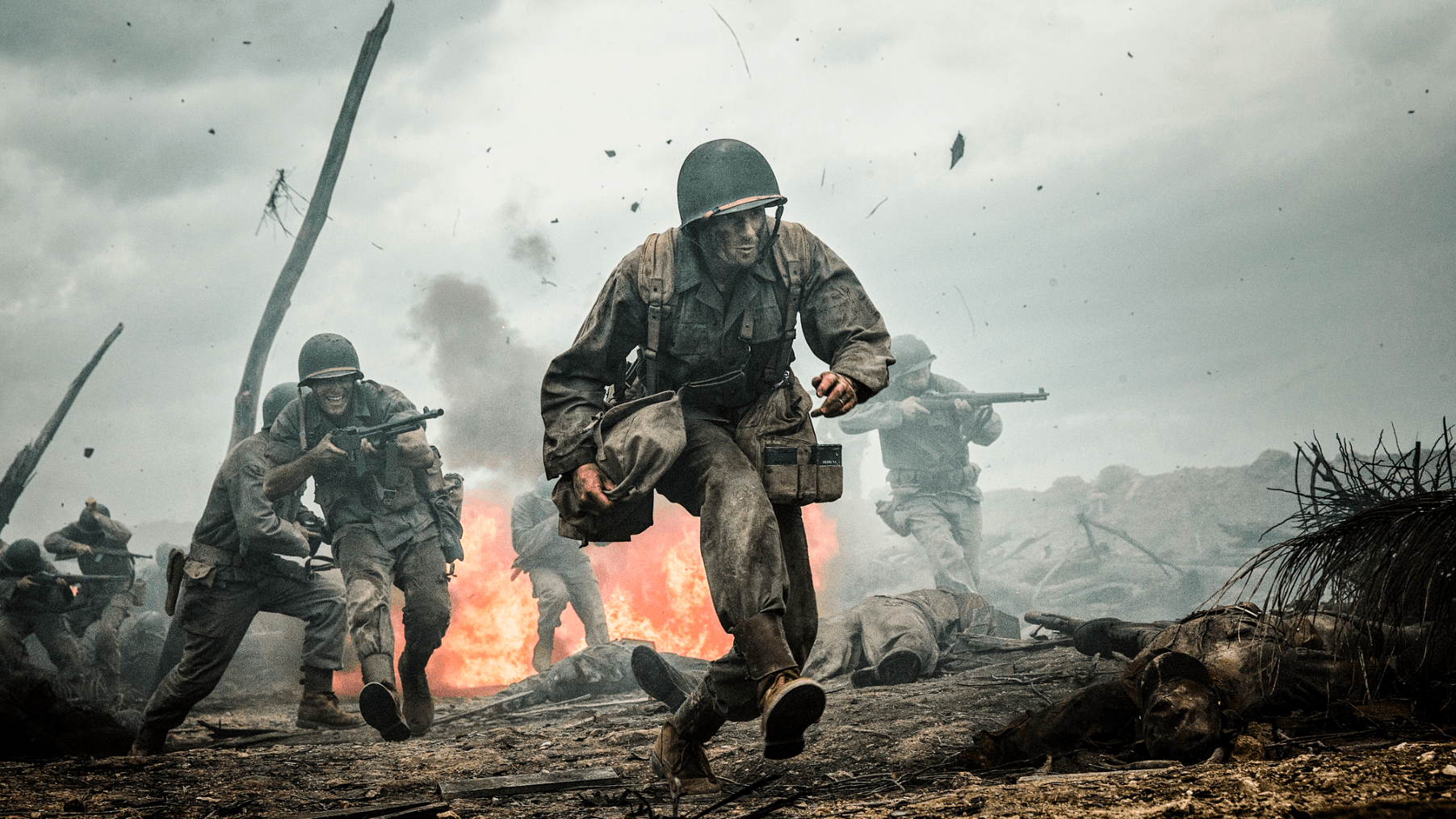

So long as the acting isn’t terrible, or the plot awful, even a mediocre film set during the Second World War is going to do well with an American audience. We love that shit — dead Nazis, all-American heroes, massive battles, and, most importantly, a major victory for the United States. In the coming months, we’ll see four more additions to this genre: “Hacksaw Ridge,” “Allied,” “Dunkirk,” and “USS Indianapolis: Men of Courage.”
Here’s the problem: None of these films — with the exception of “Dunkirk,” which is remarkable only in that it’s set before the United States got involved in the war — seem to be offering anything new. World War II was a massive conflict that redrew international borders; caused titanic shifts in political power; and traumatized, shocked, and transformed millions of people, including an entire generation of American GIs. But on screen, it’s often boiled down to the same familiar narrative: America and its allies are the good guys, and we won the day, and with each new addition, the storyline gets just a little more worn out.
Related: New World War II Spy Thriller Stars Brad Pitt Killing Nazis…Again »
Some World War II films have taken incredible strides toward exploring new aspects of this era-defining event, like Steven Spielberg’s 1998 war drama “Saving Private Ryan,” which shocked audiences with its graphic depiction of the D-Day landings at Normandy. The opening scene’s size and scale was a far cry from a romanticized depiction of war, illustrating the high cost of victory in visceral detail. Spielberg’s drama showed war as a brutal trudge through the darkest recesses of humanity: Allied soldiers shot surrendering Germans, the military brass decided to send half a dozen men on a suicide mission to save one man, and repeated acts of mercy and kindness are repaid with bloody violence and death.
But here’s the thing, “Saving Private Ryan” came out nearly two decades ago. Since then, we’ve seen the likes of “Pearl Harbor,” which rammed an awkward love triangle down our throats, along with cheap heroics, all in the midst of a deadly surprise attack that launched us into World War II. Then there’s “Red Tails,” which focused on the Tuskegee airmen, an all-black fighter squadron that served with distinction, waging a two-front war against fascist tyranny abroad, and racism at home, at least that’s what the story should have been. Instead, it was a CGI lovefest that played out like “Star Wars” meets “Top Gun.”
These World War II films tend to reinforce a larger-than-life image of America’s military and the result is a two-dimensional portrayal of those who fought in that conflict. The films rarely pursue the story after the war ends. If they did, we might get a different perspective, one that further humanizes America’s greatest generation instead of lifting them even higher on an already-lofty pedestal.
Related: Mel Gibson’s New World War II Epic Tells Story Of Legendary Army Medic »
This doesn’t mean every World War II movie is bad; they’re just being overdone at the expense of other aspects of that era or other conflicts going unexplored. The last big Hollywood movie about the Vietnam War was 2002’s “We Were Soldiers,” and the last American film that really mentioned the Korean War was 2003’s “Big Fish.” The Global War on Terror has gotten greater representation on the silver screen, with a string of blockbusters like “American Sniper,” “The Hurt Locker,” and “Lone Survivor,” to name a few. However, in that same time period — 2000 to now — more than 250 movies have come out about World War II worldwide, with more than 60 premiering in the United States alone.
Film serves an important role in the wake of conflict by allowing viewers to make sense of something as morally grey as war by proposing a narrative we can all agree on, or at least, understand, but World War II ended 71 years ago. Isn’t it time to reevaluate how we see this conflict and those who fought in it? Hollywood needs to find a new way to tell this story instead of repeating the same tired narrative; or, it needs to move on to greener pastures and give a closer look to other wars.
But for the time being, the Second World War continues unabated, at least on screen, because there’s good money to be made from a war movie that’s morally safe. As it stands, these movies seem to be little more than a solid choice for filmmakers looking for a big payout at the box office and actors looking to knock World War II off their cinematic bucket list.